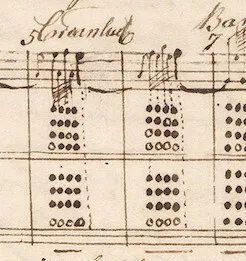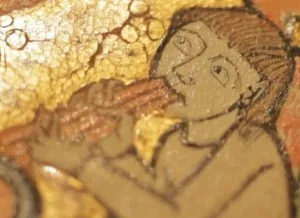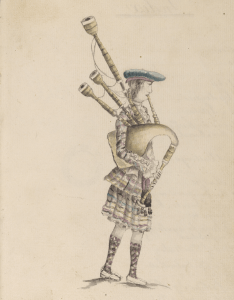Re-extending the idiom
The Alt Pibroch Club began in May 2013 as a collaboration between David Hester and Barnaby Brown, supported by the significant contributions of Roderick Cannon and Allan MacDonald. The Club aims to expand contemporary pibroch interpretation by making challenging historical material easier to find, understand and integrate into musical performance. It has grown into a suite of four websites with a collaborative commons philosophy:
 |  |
| Modern Pibroch Library - showcasing the best of contemporary and experimental pibroch. | APC Guide to Pibroch - The long awaited guide to understanding and interpreting primary source material. The first complete introduction to all pre-1854 scores and collections. PDF and accompanying files may also be downloaded here. |
 |  |
| Musical Materials - this site prioritizes written notations pre-1850 and audio recordings pre-1980, but will expand to include original pibroch compositions from the late Victorian Era. | Learning Living Pibroch - a haven for discussion, performance, research and new creative directions. This site serves to stimulate understanding of the historical material, fueling insight in interpretation and inspiration in original music-making. |
 |  |
| Bibliography - this is the leading research database for published books on the bagpipe music of Britain and Ireland. | Pibroch Wiki - an encyclopedia of Pibroch, developed to encourage collaboration and creativity among performers, scholars and audiences. Information will grow over time. |
Most of the musical materials were online before the Alt Pibroch Club existed. Our mission has been to gather them together, to identify and fill the gaps, to connect them with the brightest scholarship, and to add new material (such as audio for Gaelic pronunciation) which makes the primary sources easier to find, explore and digest.
Our sites were designed with three audiences in mind:
- Students and players - making it easier to discover the full breadth and depth of pibroch; not just for Highland pipers, but singers and players of other instruments such as clarsach, fiddle and lyre.
- Competitors - making it easier to stand out from the crowd, adding something extra from the source materials that may be more authoritative or musically compelling than the stereotypical interpretation and thereby bring a competitive advantage.
- Researchers (music, history, Gaelic language) - providing a reliable and comprehensive digital library that makes close study of the primary source materials (visual and audio) easier than ever before.
This collaborative enterprise has received generous support from several quarters, for which we are tremendously thankful. Please click the logos in the sidebar for more detail.
